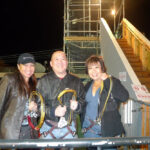Located where the structured grid of Manhattan meets the charming, older streets of Greenwich Village, 837 Washington Street in New York City stands as a testament to the city’s dynamic blend of culture, commerce, and innovation. Originally built in 1938 during a significant development phase in the Gansevoort Market area, spurred by the West Side Elevated Line, this location now houses Samsung 837, a unique flagship experience store.
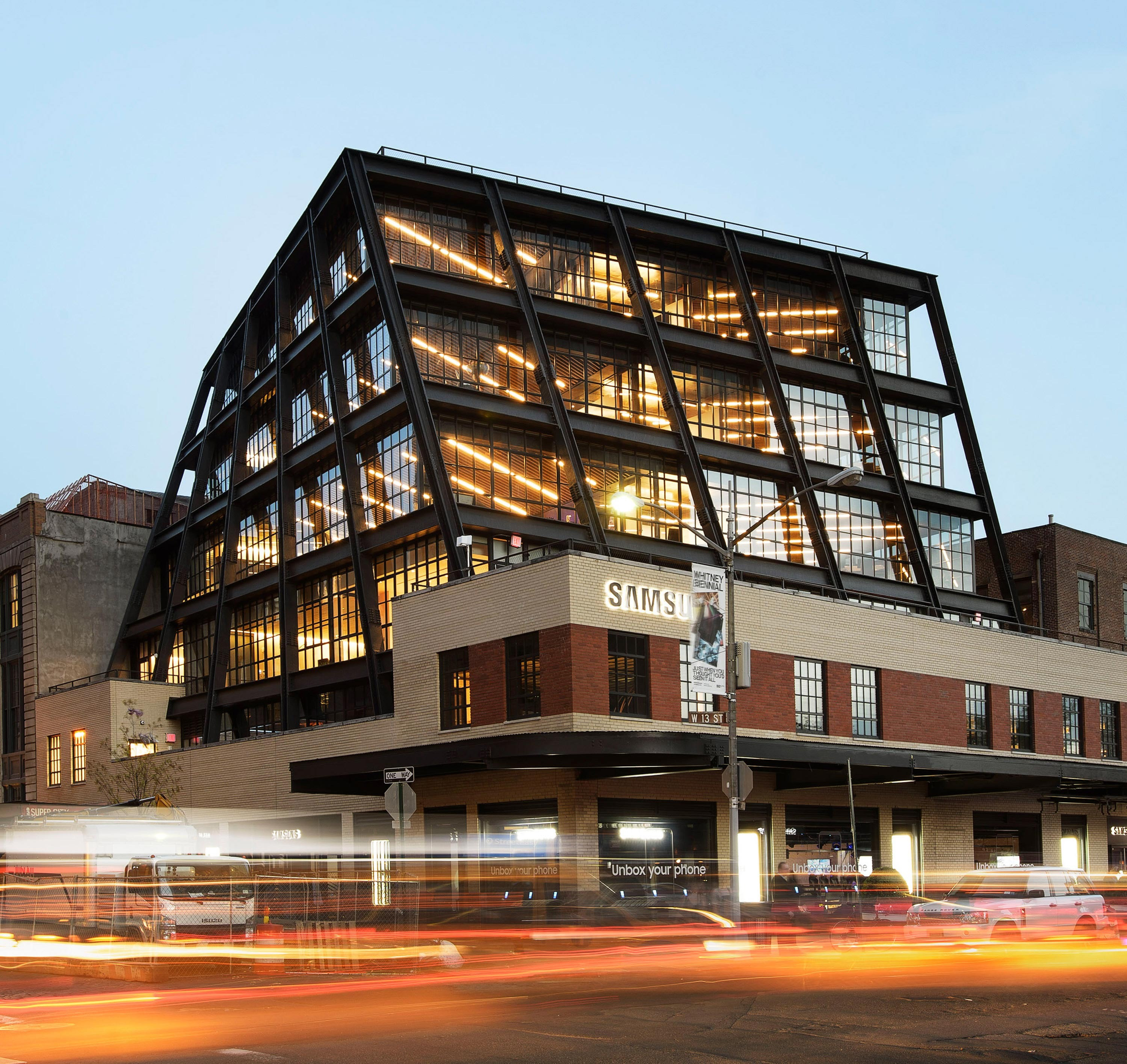 Timelapse view of 837 Washington Street
Timelapse view of 837 Washington Street
The design philosophy behind 837 Washington was to create a structure that is both distinctive and harmonious with its surroundings. This vision resulted in a concept of two coexisting buildings: a striking, modern tower of steel and glass, and a carefully restored brick warehouse in the Moderne style. The original 1938 building, while seemingly unassuming, is actually a prime example of the architectural style that defines the Gansevoort Market Historic District, now home to the innovative Samsung 837.
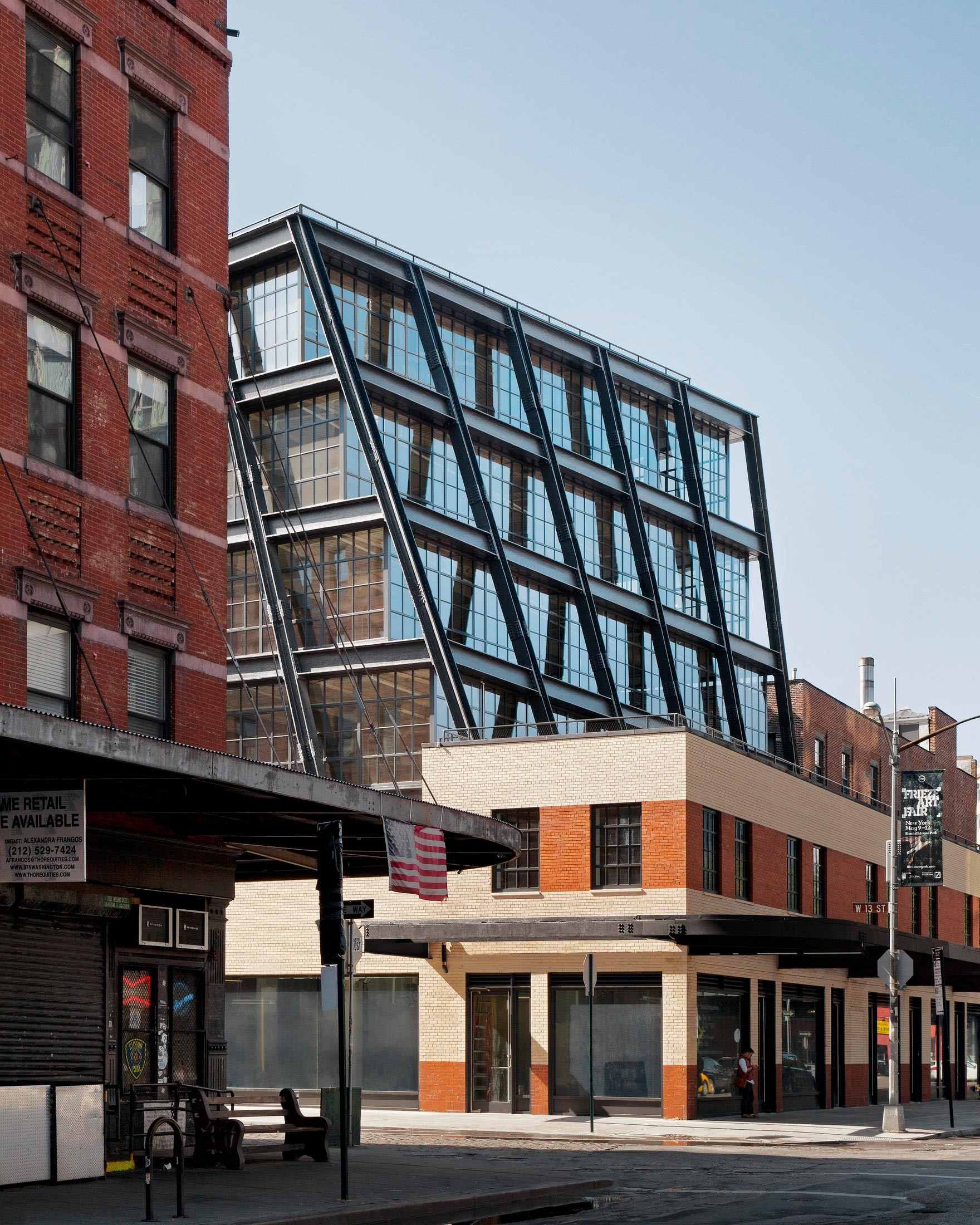 Architectural detail of 837 Washington facade
Architectural detail of 837 Washington facade
The restoration of the original structure aimed to preserve the area’s unique character. This involved maintaining its raw appeal and architectural quirks, such as the two-tone brick facade and the diverse arrangement of garage doors and loading bays. These elements have been transformed into a series of engaging storefront windows for Samsung 837, blending the building’s history with its modern purpose.
A new glass and steel canopy echoes the original design, while second-story windows have been replaced with historically accurate factory-style sashes. These features also subtly influence the design of the tower above. The mullions of the tower’s curtain wall mirror the proportions of the windows below, and the brick-clad core incorporates colored mortar and soldier courses, referencing the colored brick banding of the original building, creating a cohesive architectural language for Samsung 837.
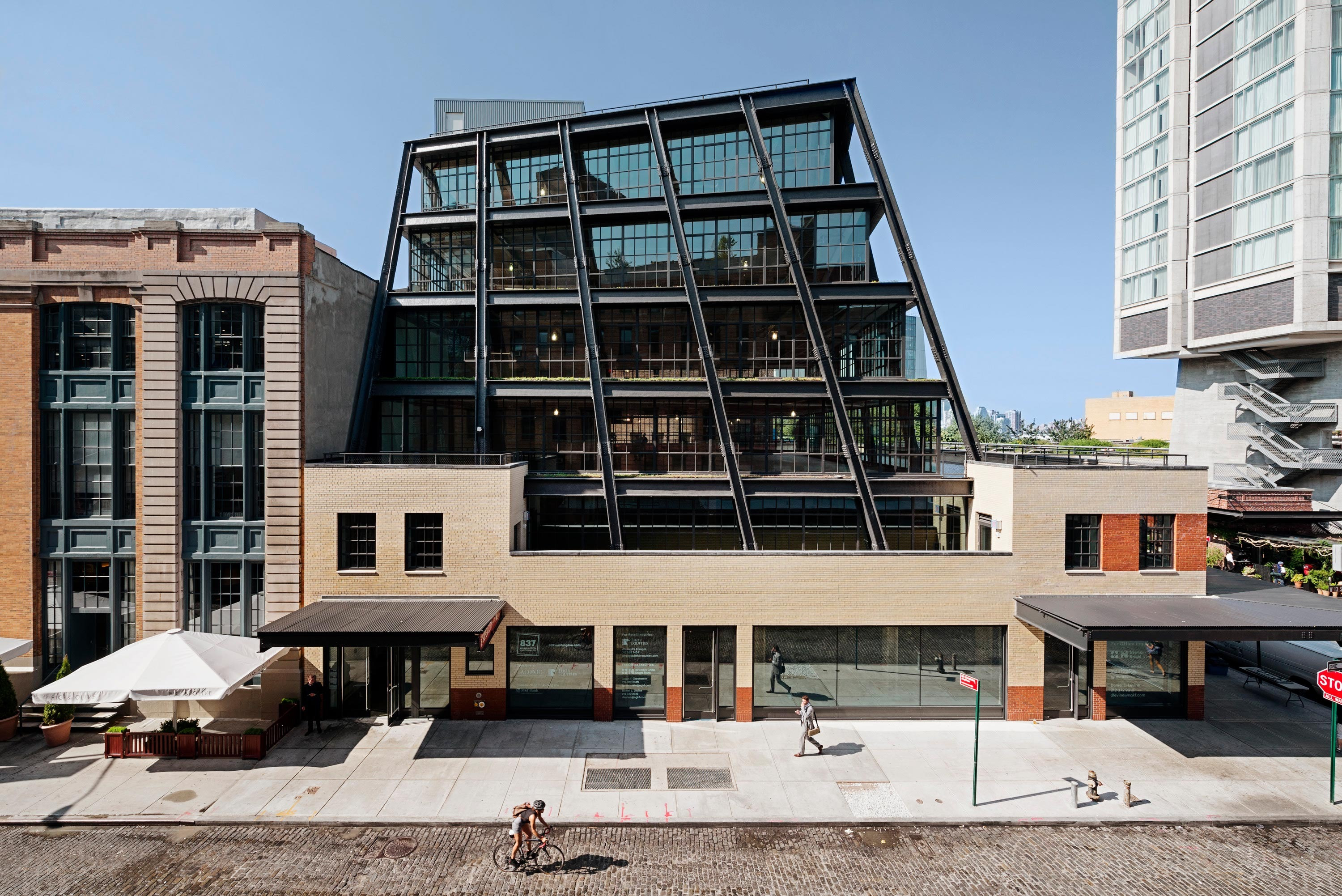 Exterior view of 837 Washington Street showcasing architectural design
Exterior view of 837 Washington Street showcasing architectural design
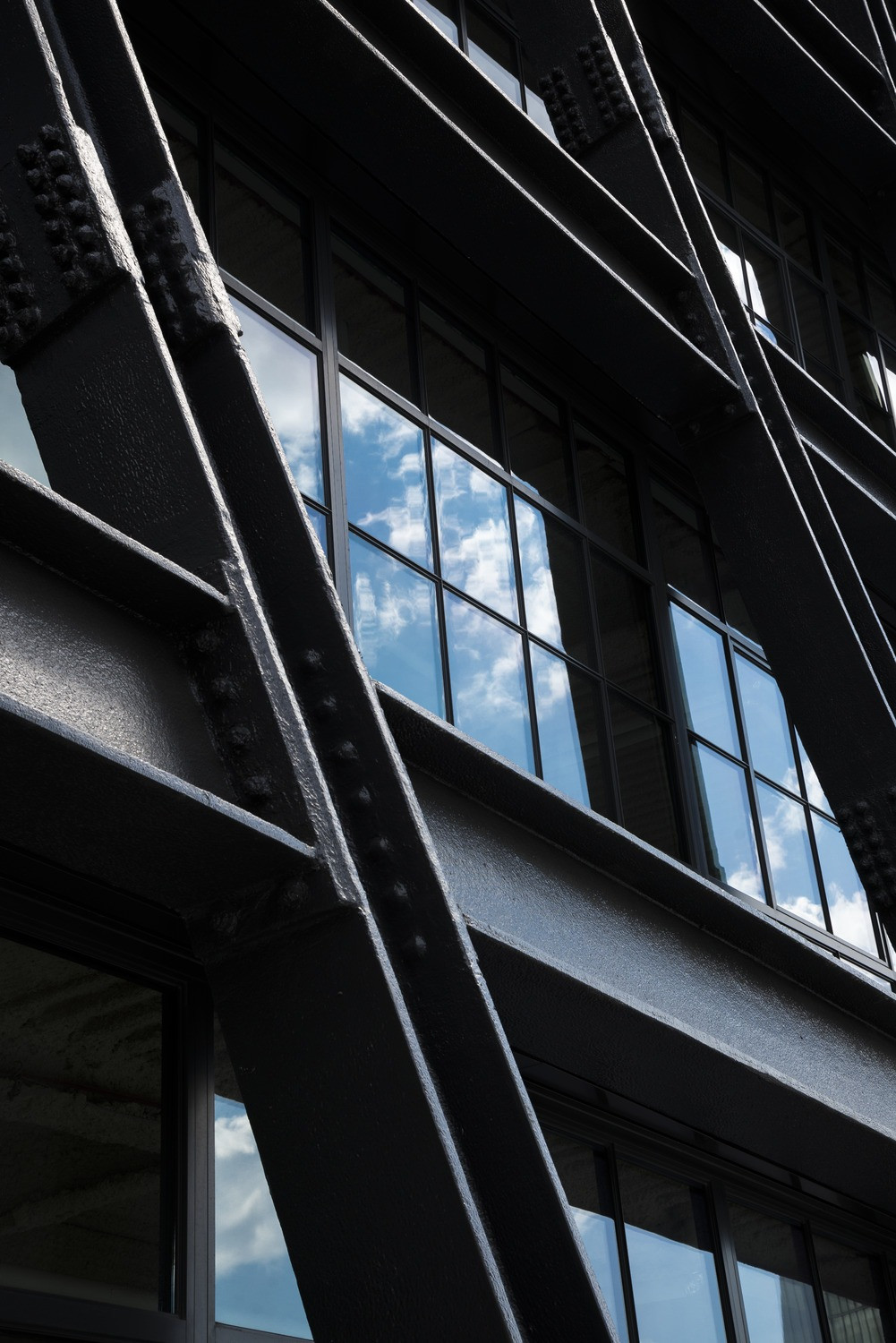 Side view of 837 Washington Street
Side view of 837 Washington Street
While the tower of 837 Washington is connected to its base, it also stands in stark contrast, making its own statement. The pronounced setback from the lower building respects this distinction. The four-story addition enhances the original structure’s contribution to the historic district’s character, while allowing the tower to assert its contemporary identity as part of the Samsung 837 experience.
The tower’s shape is inspired by the wider urban context. The rotation of the floor plates, refined through numerous physical models and reminiscent of Richard Serra’s twisting steel sculptures, reflects the meeting of Manhattan’s street grids and the rotation of the gridiron plan in Greenwich Village. This design element adds a dynamic and artistic flair to Samsung 837.
The angled structural exoskeleton, drawing from engineering principles similar to those in old railroad structures, evokes the nearby High Line. This innovative structure eliminates the need for interior load-bearing walls or columns, creating open and flexible spaces within Samsung 837, perfect for showcasing technology and experiences.
Design & Construction
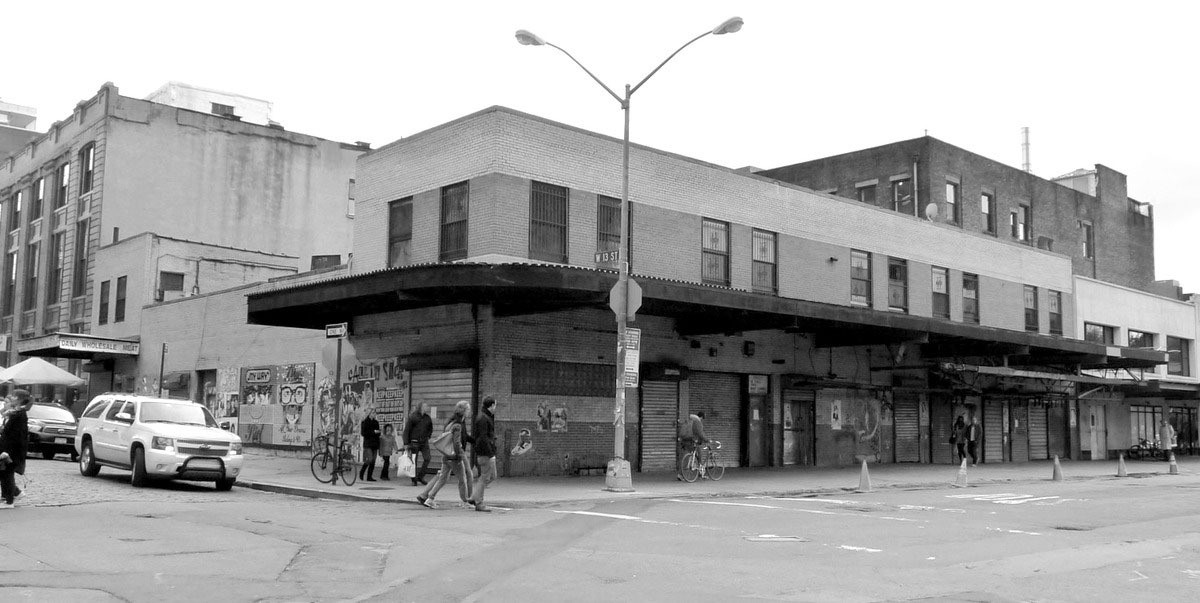 Interior shot of 837 Washington showcasing design elements
Interior shot of 837 Washington showcasing design elements
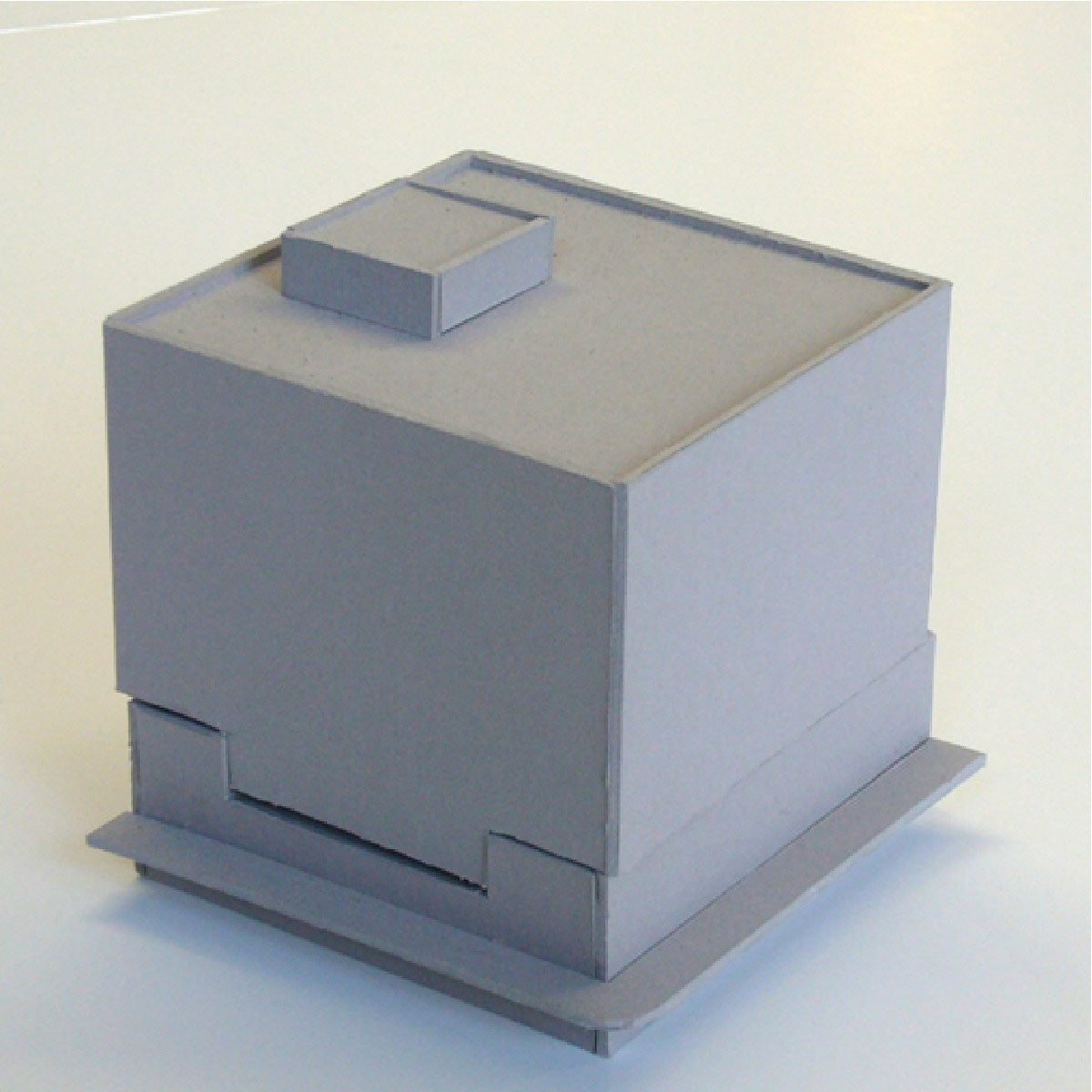 Close up of building materials and construction
Close up of building materials and construction
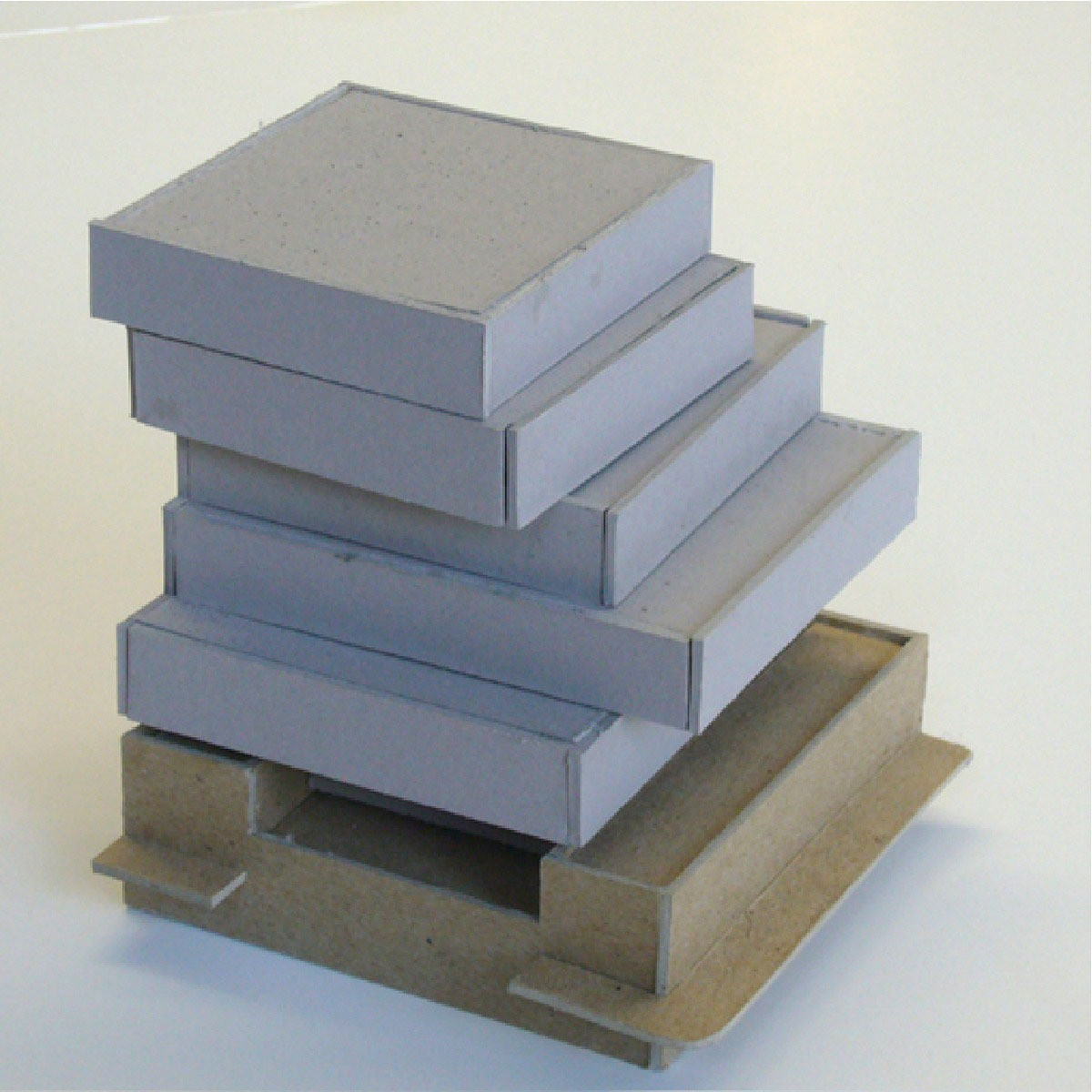 View of structural steel framework during construction
View of structural steel framework during construction
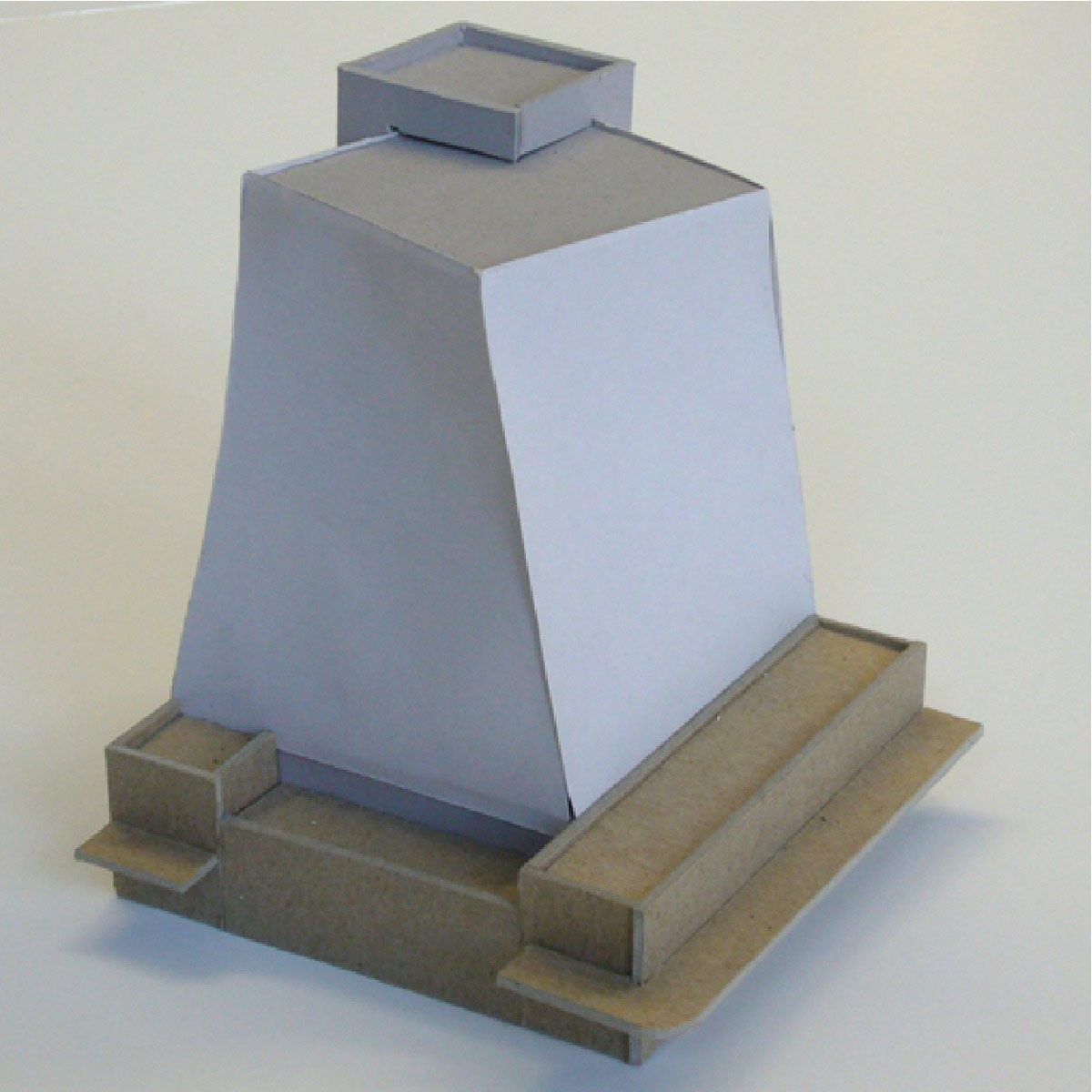 Detailed view of facade construction
Detailed view of facade construction
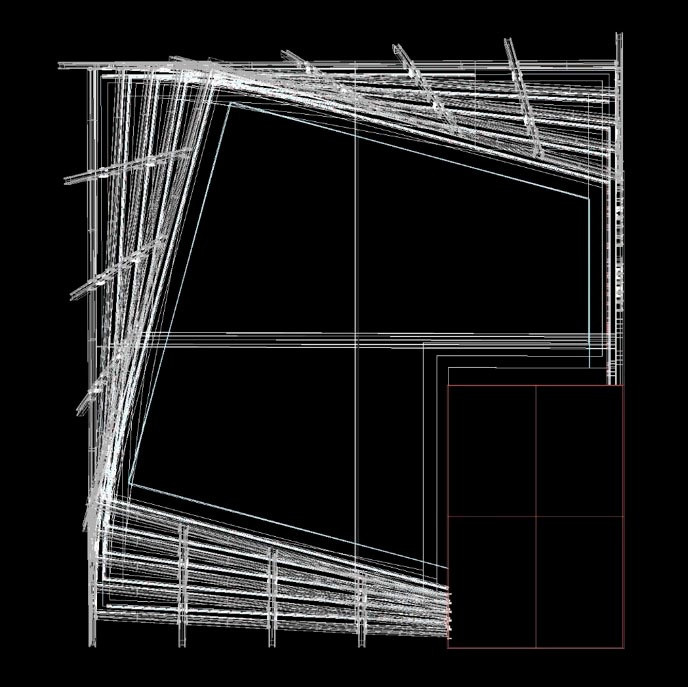 Construction progress of the building's unique shape
Construction progress of the building's unique shape
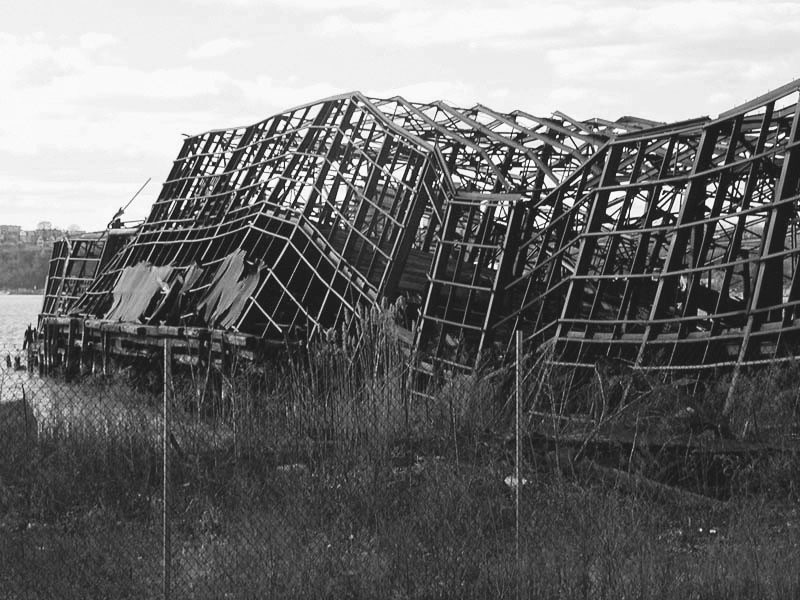 Workers on site during construction of 837 Washington
Workers on site during construction of 837 Washington
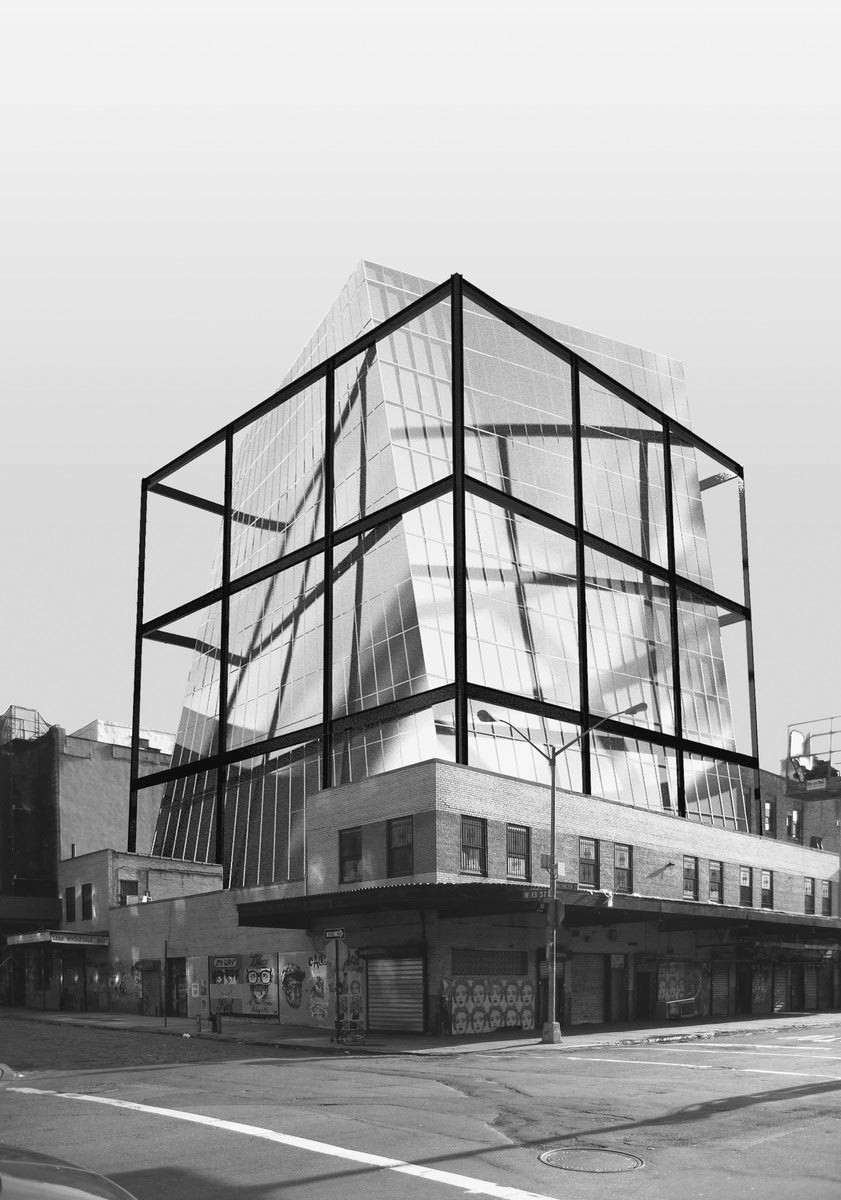 Angle view during construction highlighting structural elements
Angle view during construction highlighting structural elements
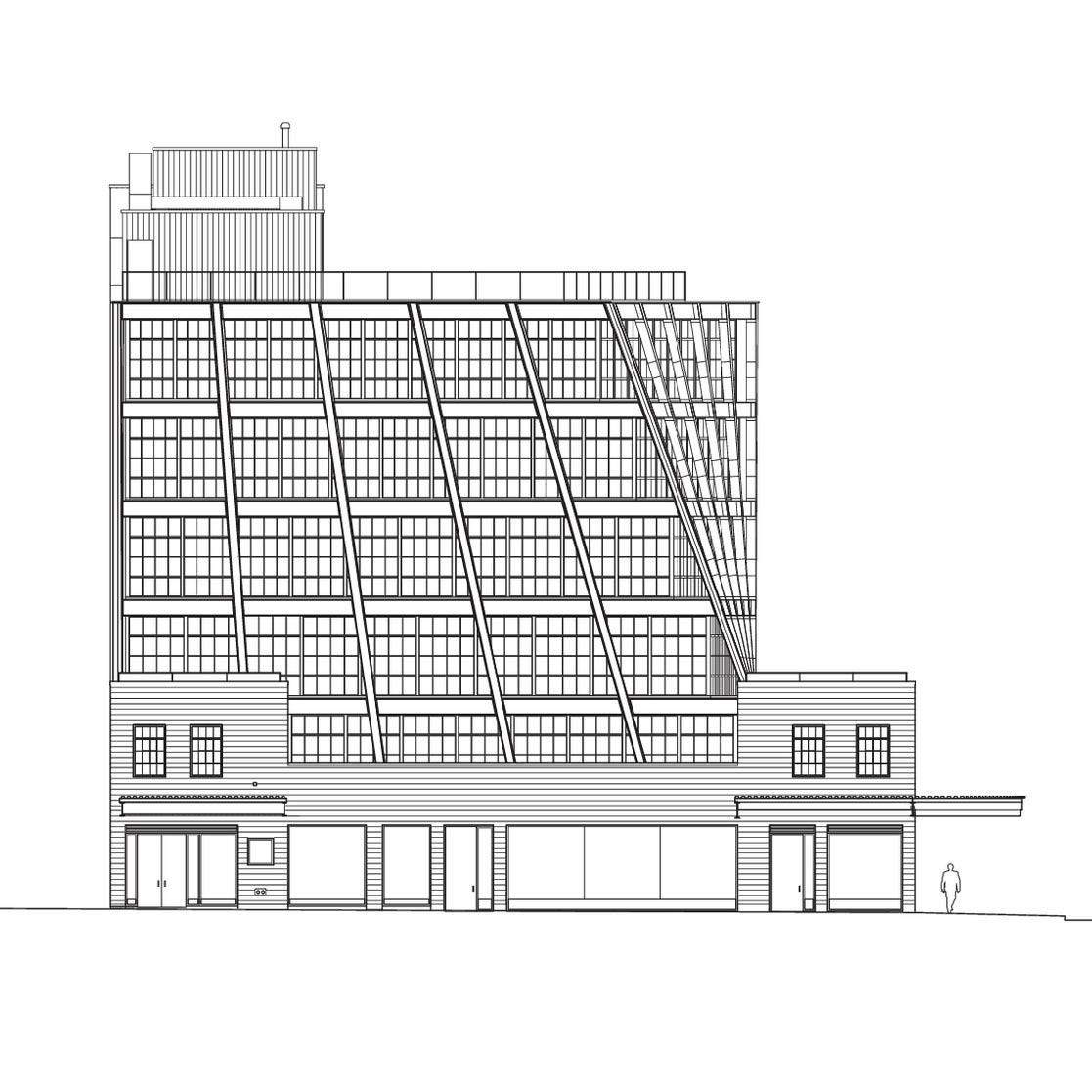 Building under construction with focus on the exoskeleton
Building under construction with focus on the exoskeleton
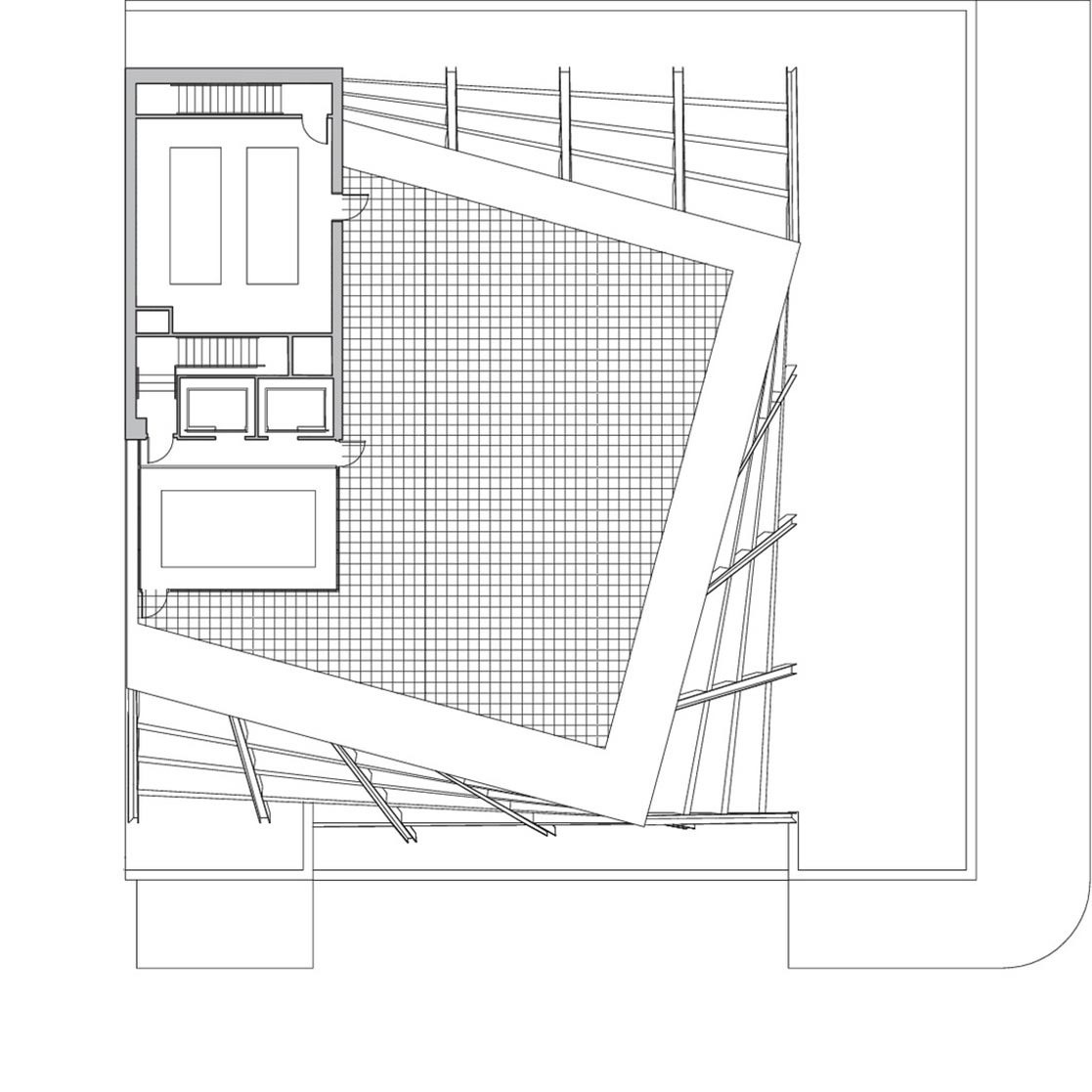 Construction phase showing the tower taking shape
Construction phase showing the tower taking shape
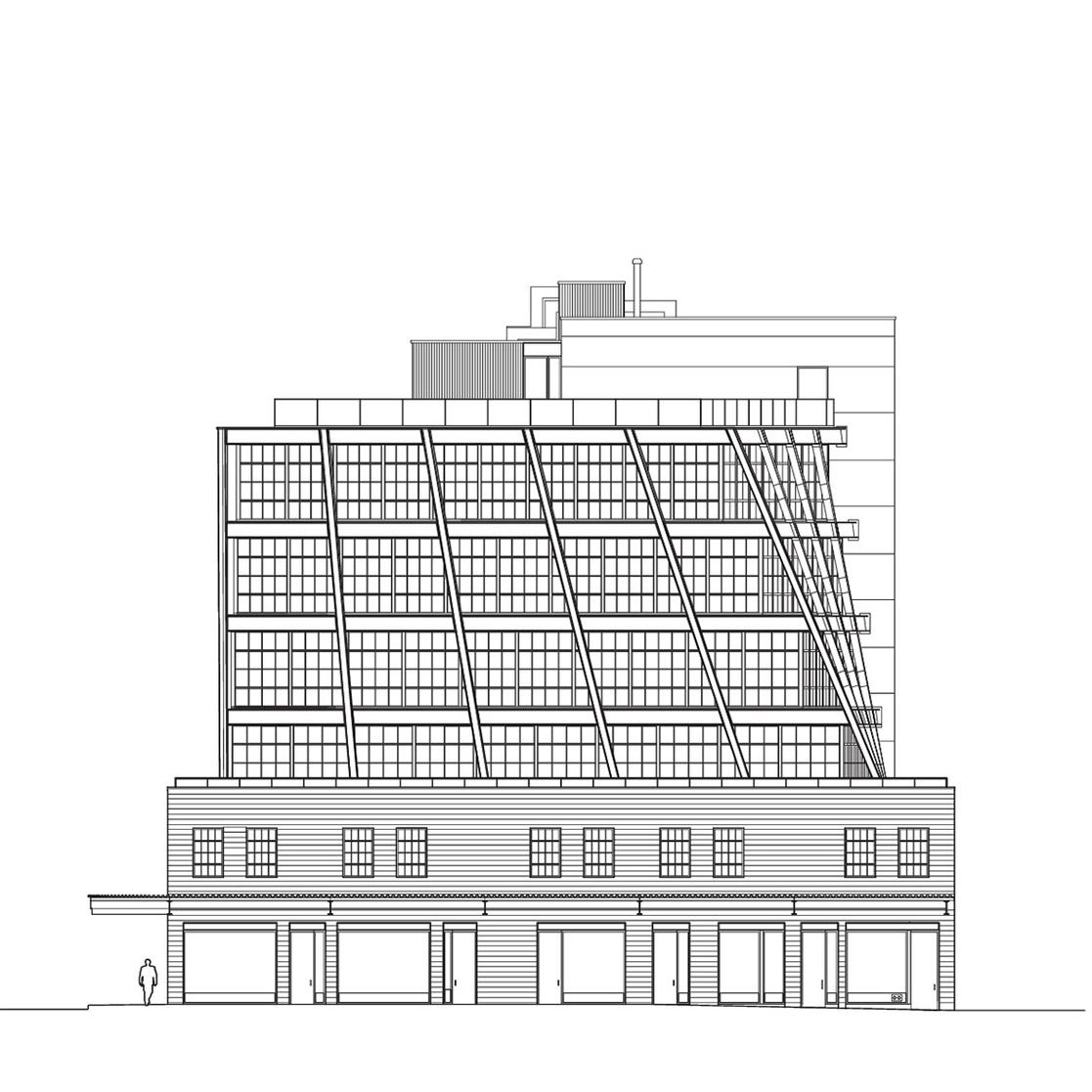 View from above during construction of 837 Washington
View from above during construction of 837 Washington
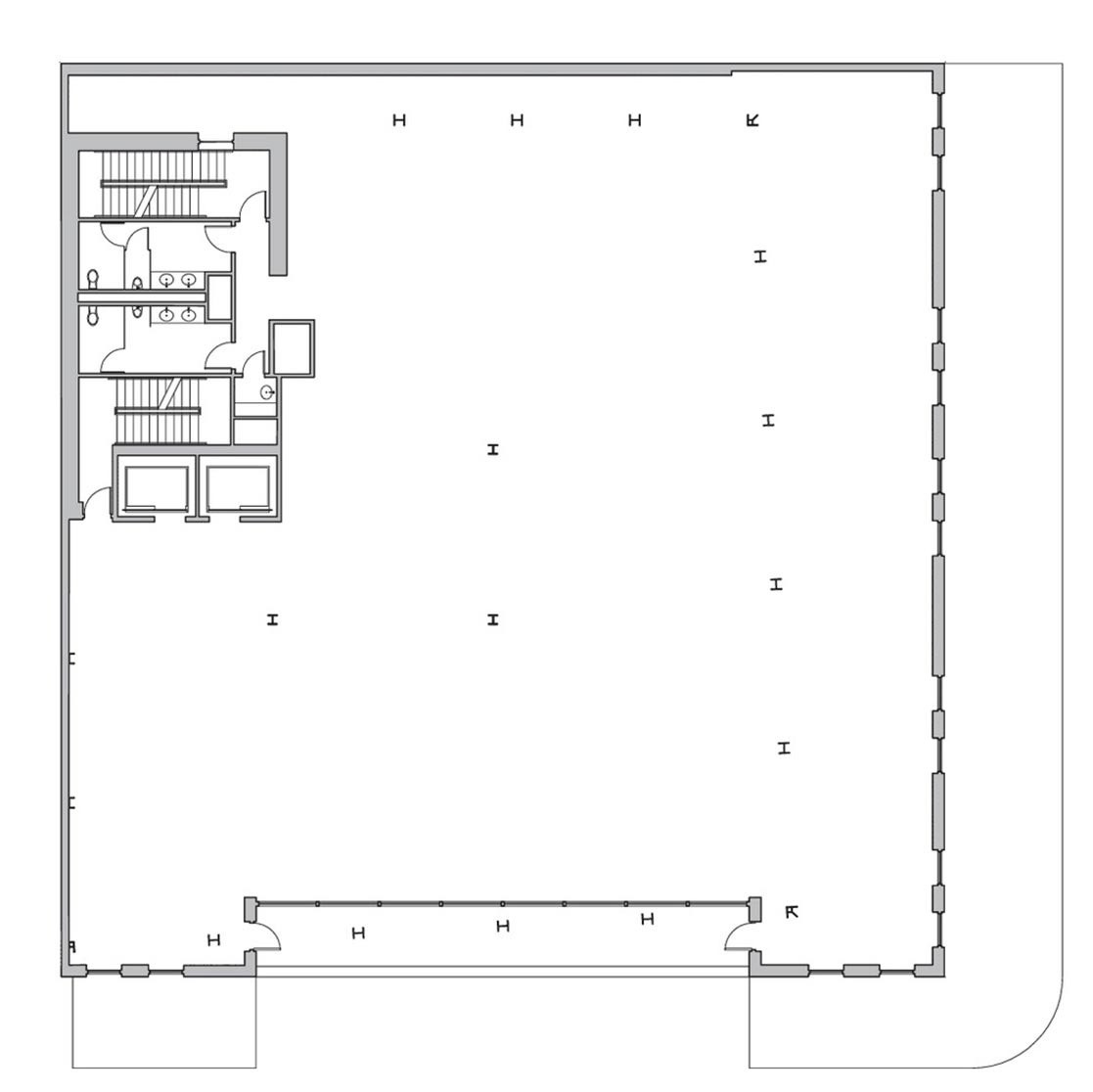 Construction site of 837 Washington in New York City
Construction site of 837 Washington in New York City
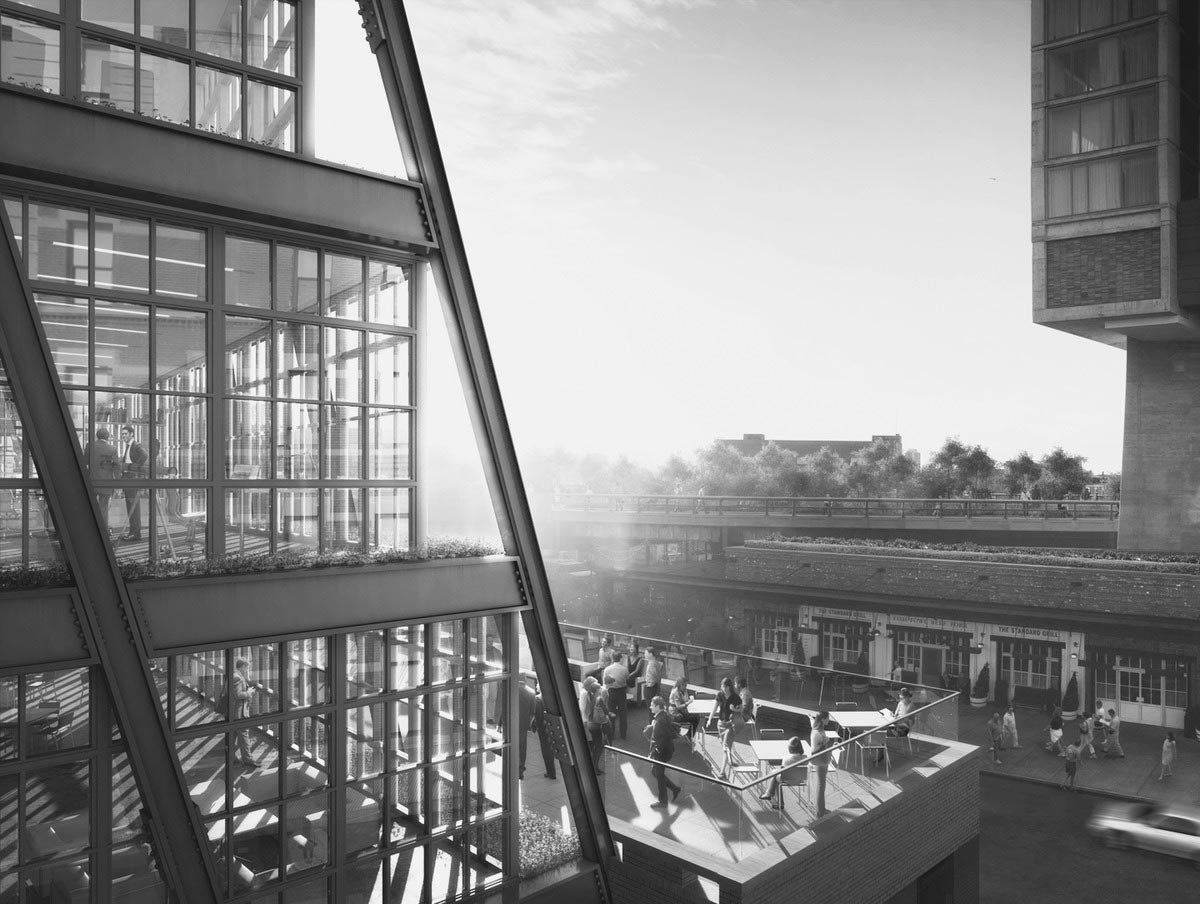 Building framework and construction details
Building framework and construction details
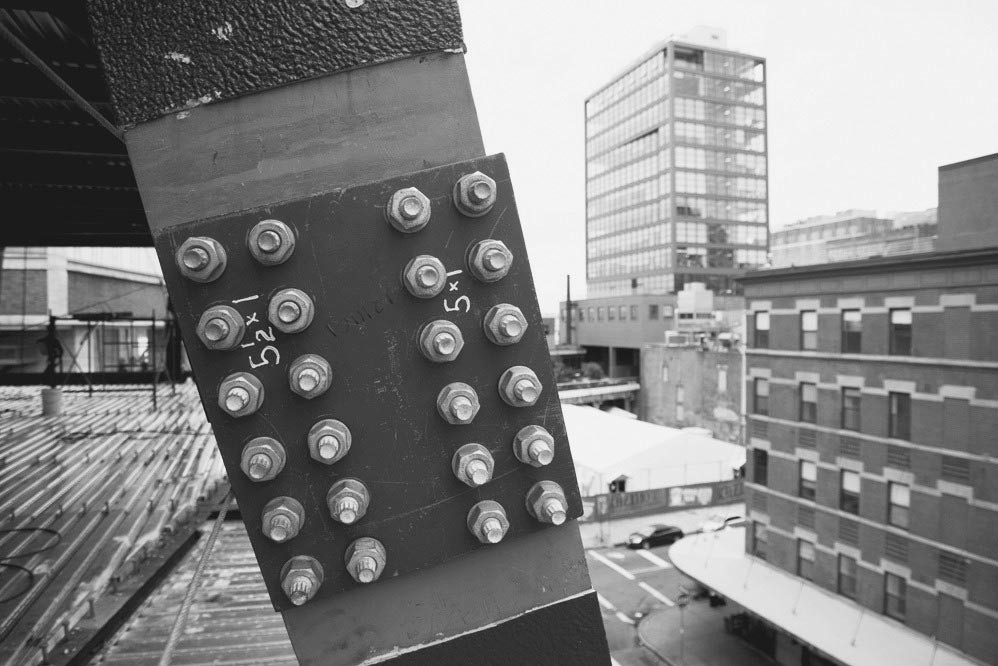 Close up of the building's steel and glass structure
Close up of the building's steel and glass structure
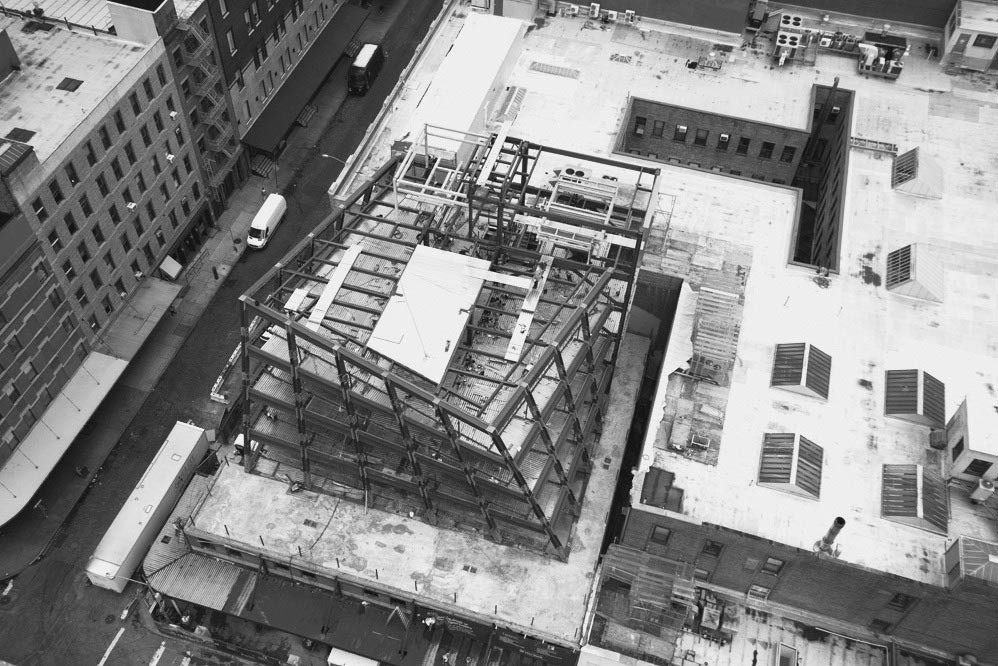 Construction progress at 837 Washington Street
Construction progress at 837 Washington Street
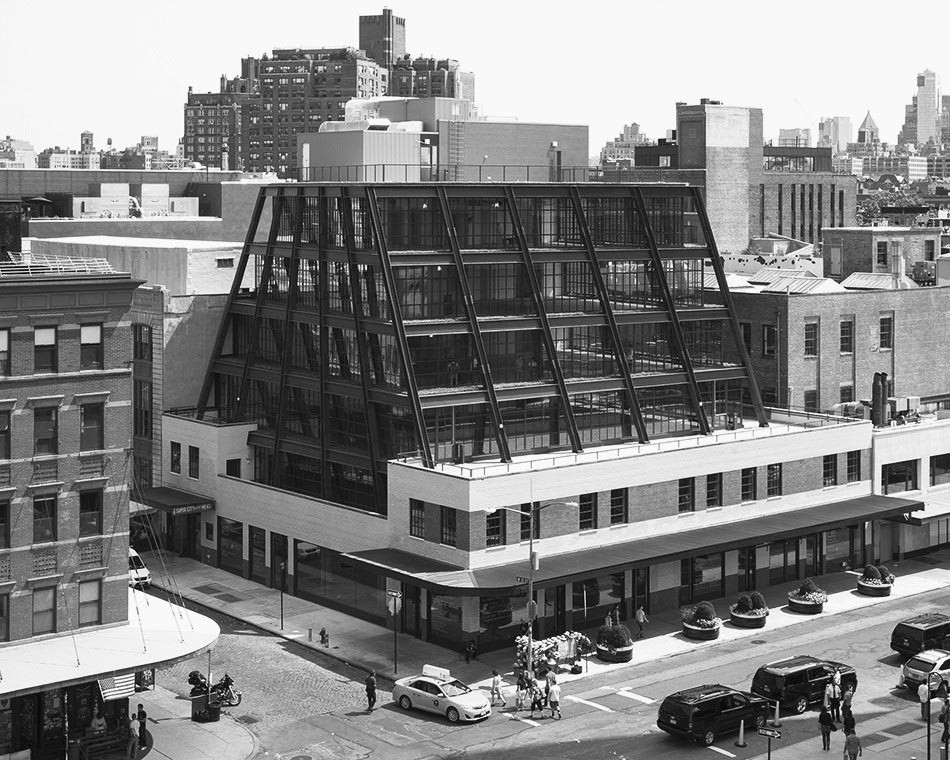 Final stages of construction at 837 Washington
Final stages of construction at 837 Washington
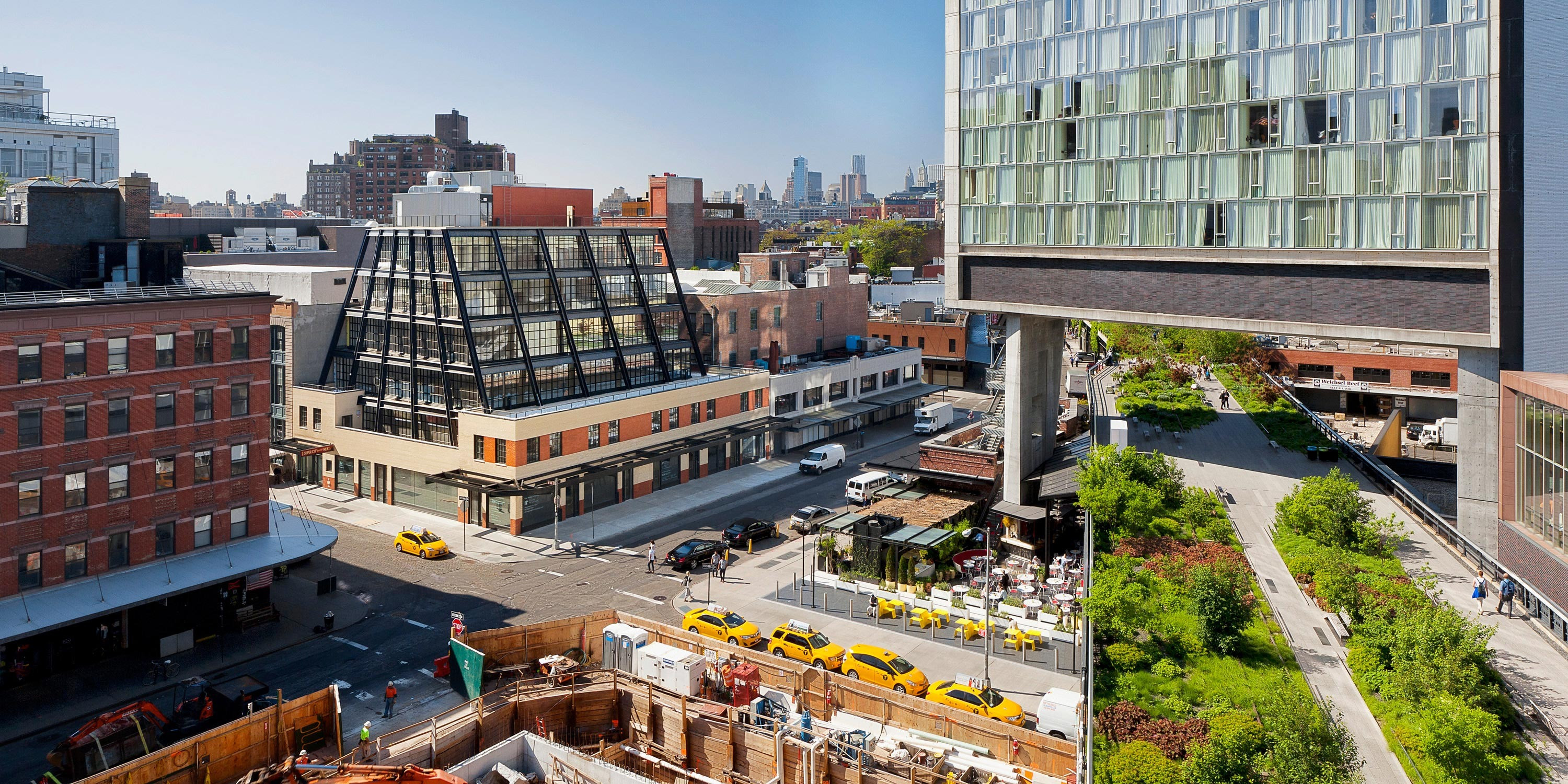 Aerial perspective of 837 Washington and surrounding cityscape
Aerial perspective of 837 Washington and surrounding cityscape
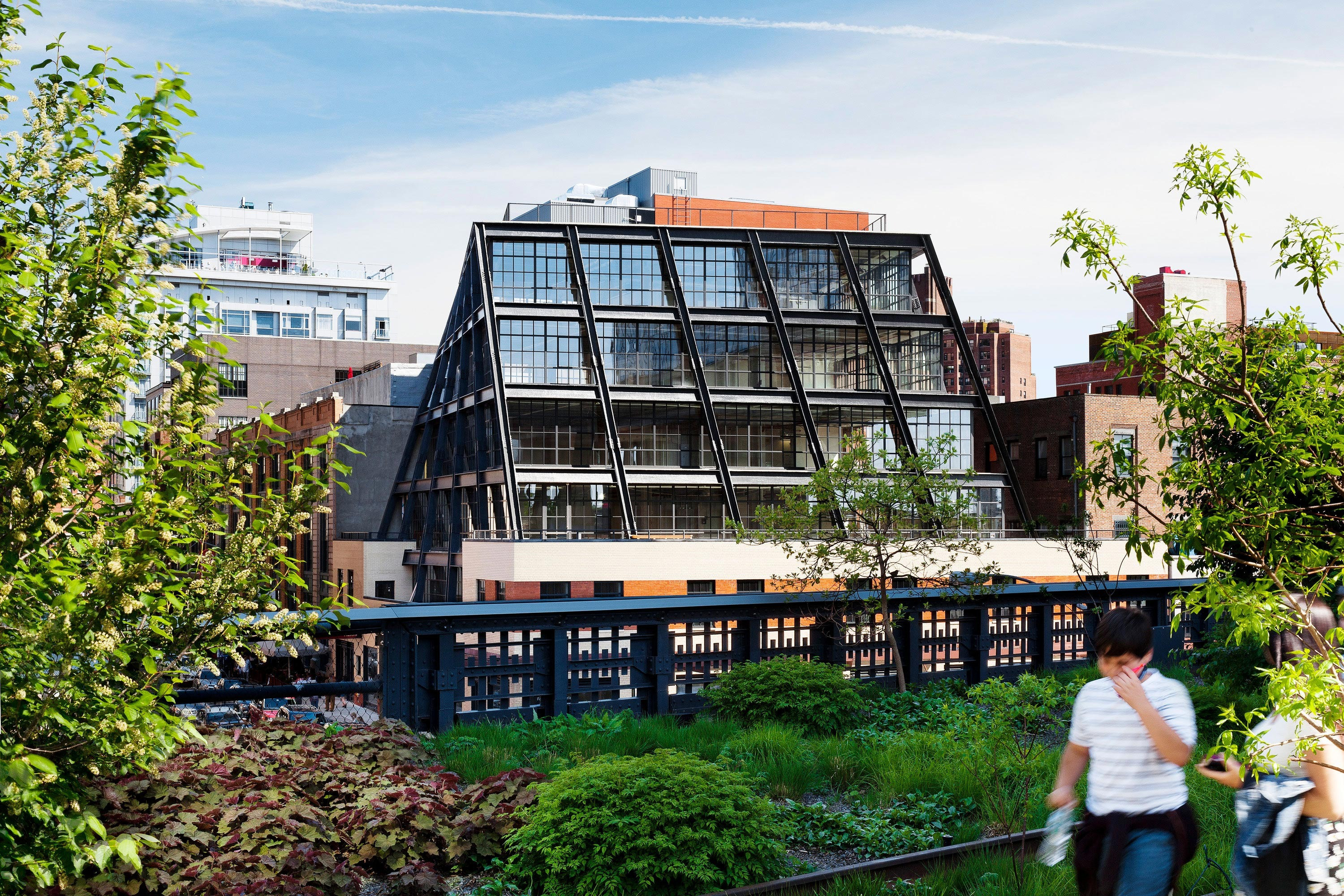 View of Samsung 837 Washington from the High Line park
View of Samsung 837 Washington from the High Line park
Inspired by the High Line’s integration of nature and industrial design, 837 Washington incorporates a similar concept. The relationship between the window wall and structural steel frame echoes the park’s aesthetic. Reflecting the elevated park’s green spaces, beds of native plants are integrated into the angled spaces created by the rotating floor plates of Samsung 837. This landscaping enhances the interior environment and contributes to sustainable design by reducing stormwater runoff.
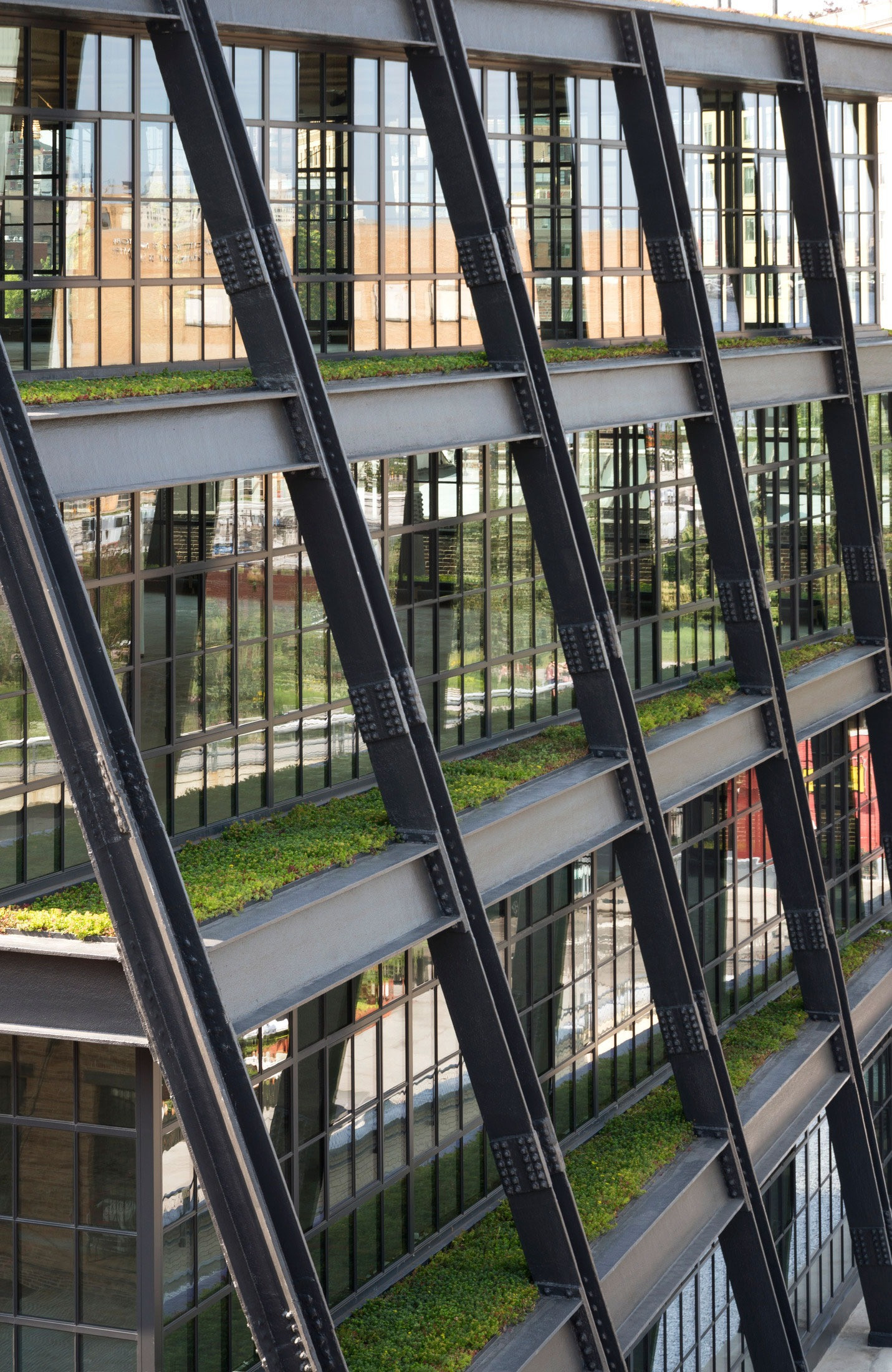 Native plants integrated into the design of 837 Washington building
Native plants integrated into the design of 837 Washington building
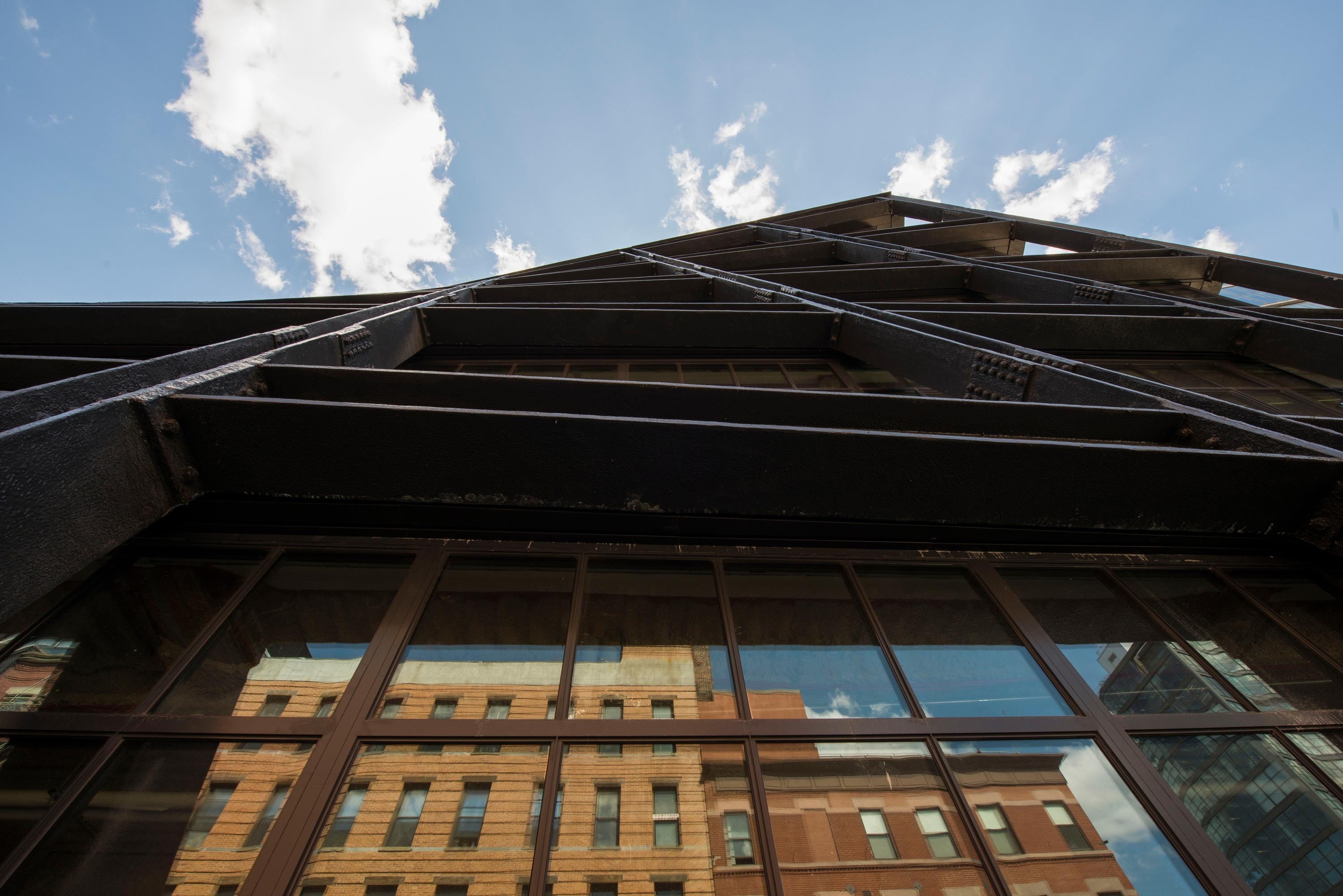 Looking upwards at the unique architecture of Samsung 837 Washington
Looking upwards at the unique architecture of Samsung 837 Washington

